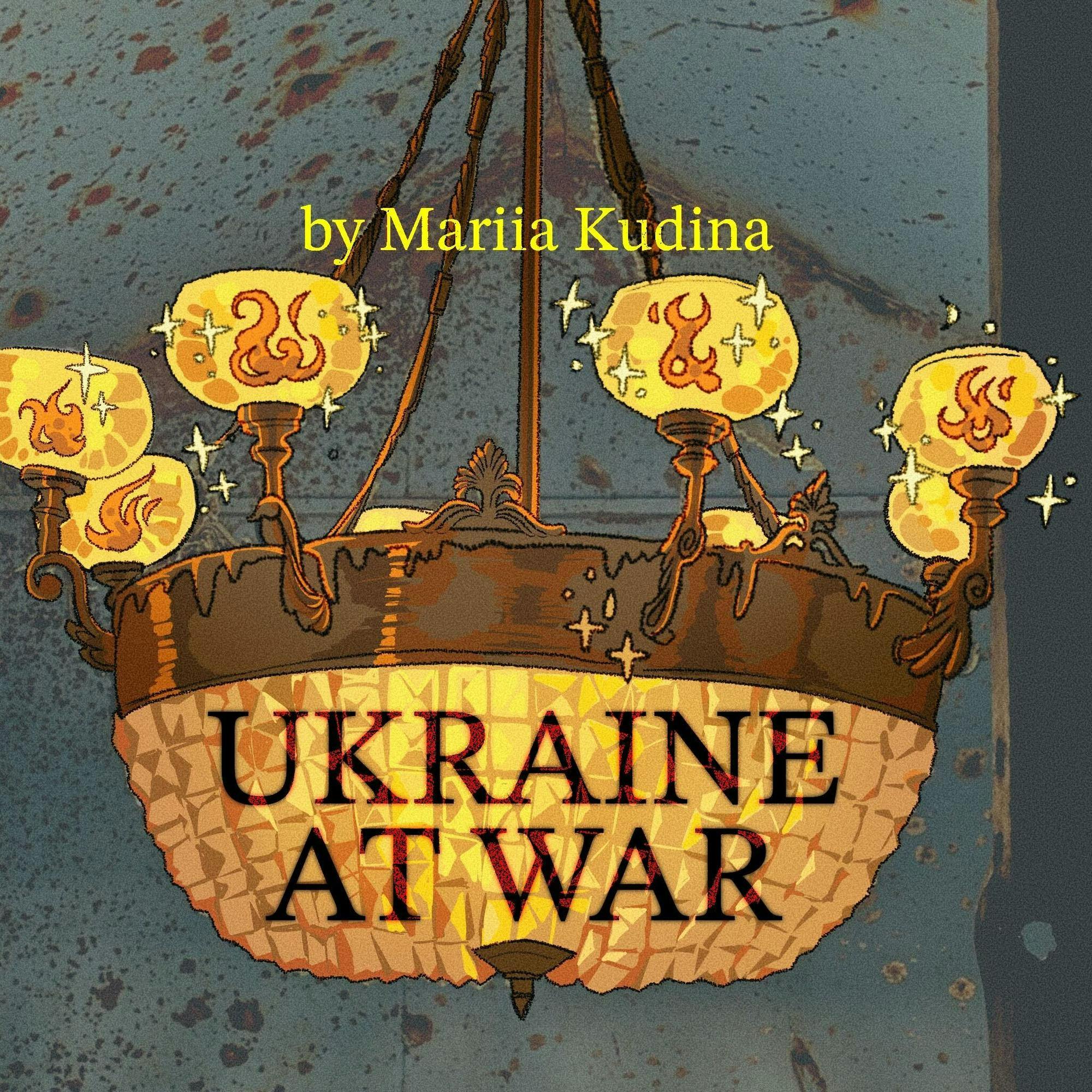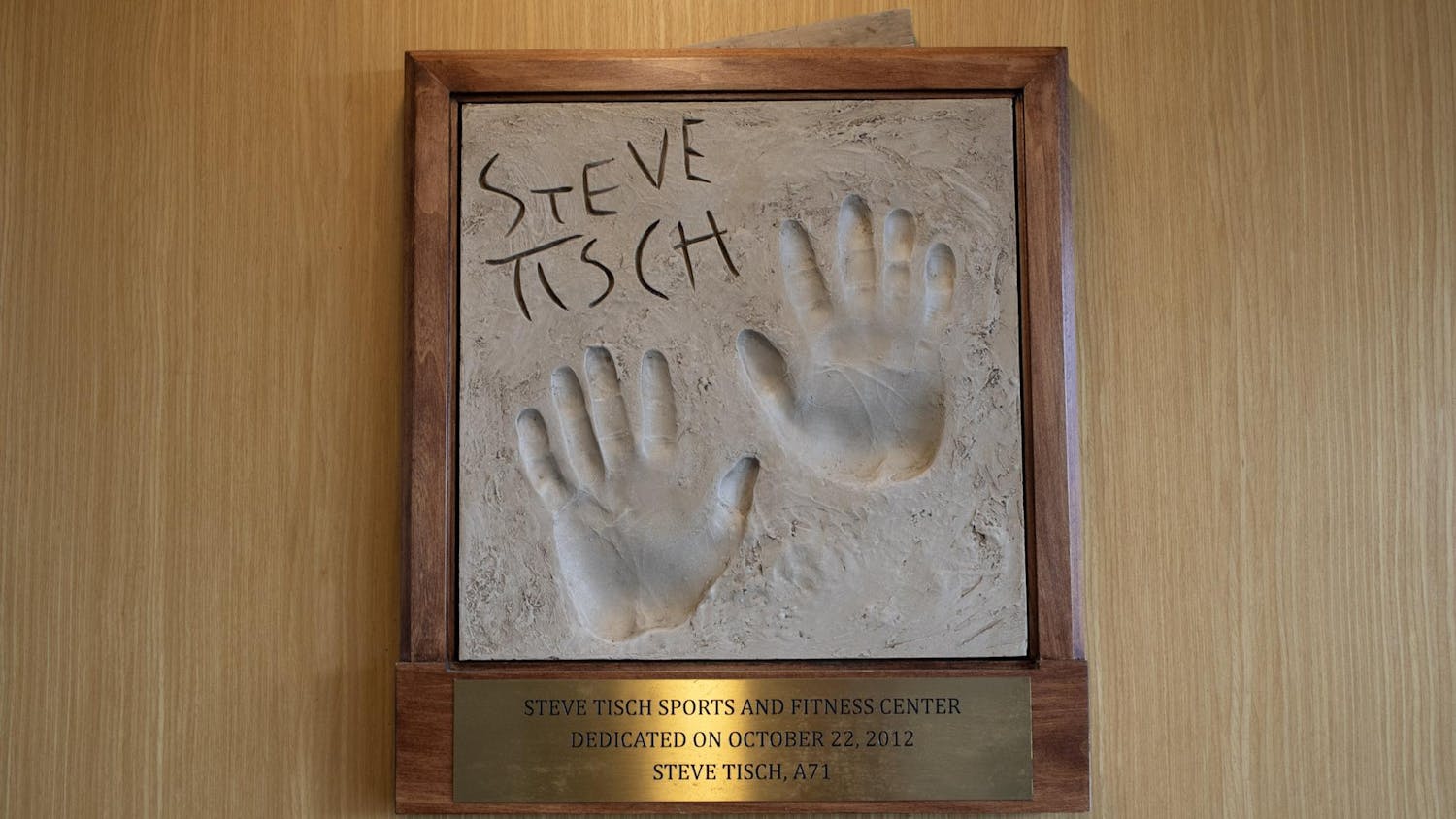On March 7, the International Relations Program at Tufts hosted an intimate screening of the Oscar-winning documentary “20 Days in Mariupol.” The film reveals a unique first-person perspective of the siege of a Ukrainian port city of almost 500,000 residents by the Russian army in the spring of 2022. Director Mstyslav Chernov, photographer Evgeniy Maloletka and producer Vasilisa Stepanenko were the last remaining journalists who stayed in the area during the initial stages of the full-scale invasion and were thus able to capture the war crimes committed by the Russians in Ukraine.
During the post-screening discussion facilitated by Professor Oxana Shevel, director of the International Relations Program at Tufts, attendees talked about Mariupol as one of numerous examples of Russia’s violence in Ukraine, though many other cases remain undocumented due to the limitations imposed by the military action and temporary occupation. Even in the case of Mariupol, we can only learn in relative detail about the early days of the siege. It lasted for 65 additional days after the AP journalists left. Survivors say that further into the full-scale war, the realities became increasingly terrifying.
Among other atrocities, Russian troops dropped a bomb on a theater where civilians were sheltering. At some point, most of the remaining population of Mariupol had no choice but to hide inside of a steel plant, called Azovstal Steel Works, as staying in the city left almost zero chances for survival. The journalists had already left by that time, in order to ensure that the footage would make it out to the international community — if they were captured by Russians, the materials would be destroyed and the reporters imprisoned or killed.
In his acceptance speech for the Oscar for Best Documentary Feature, Chernov said, “I’ll be the first director on this stage who will say, ‘I wish I never made this film,’” expressing his anger and sadness at what he had witnessed. Still, we cannot underestimate the value of the movie. It is a crucial resource for understanding the lives of Ukrainians in frontline localities and a record of the cruel tactics Russia utilizes in their war against Ukraine.
When I saw “20 Days in Mariupol” when it premiered in Cambridge, I met filmmaker Mstyslav Chernov in person and heard from Ukrainians who have immediate family in Mariupol. I heard a woman whose parents still live in the city thank Chernov for showing the terrifying realities faced by locals and share her personal observation that places of such military action store the memory of violence for a very long time, as one can almost “feel the death in the air.” Mstyslav agreed. It is vital to people who have lived through traumatizing events to have their story told and the injustices they experienced acknowledged. In addition, due to this record, perpetrators cannot fail to recognize their responsibility for the horrors depicted. I’ve watched “20 Days in Mariupol” four times, but seeing the destruction and death brought by the war never gets easier. Screening the documentary is essential for educating student bodies, including at Tufts, about the war in Ukraine — it should be shown by as many departments and communities as possible.






